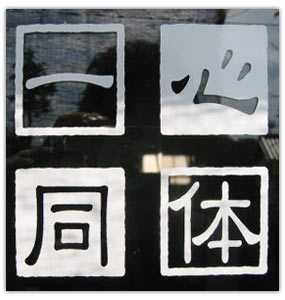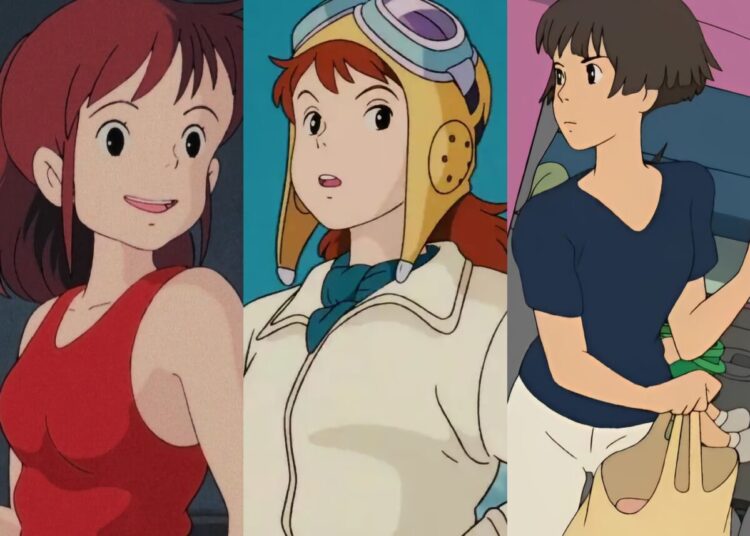One interesting aspect of learning Japanese is tackling the complex world of yomoji jukugo, a class of four-character compound words imported from Chinese which add flavor and elegance to Japanese speech and writing. Because the words use complex kanji characters to represent abstract meaning they can be hard for foreigners to learn, yet some of these phrases are used so often the context is not hard to pick up. Some common examples of these kanji-based expressions include jigo-jitoku (lit. “self executed, self benefit”), which is how the Japanese express the idea of “it serves you right”; or happo bijin (lit. “eight directions beautiful-person”), trying to present a positive face in all eight directions, meaning someone who is trying to be popular with everyone; or isshin doutai, (lit. “one heart, same body”), signifying two people who are so close their hearts are completely joined by love or friendship. If you’re an anime fan, you may already know some of these four-kanji expressions: Tenjo Tenge literally means “the heaven and the earth,” and Ikki Tousen is a phrase that means “the most powerful knight in the world.”
My favorite of these four-character kanji phrases would have to be issho kenmei (ee-show ken-mei), which literally means “to try very hard, as hard as anything you’ve ever done in your life.” Like the verb ganbarimasu (to do one’s best, to work hard), this phrase represents a big part of the Japanese study/work ethic that really defines Japan as a nation. When I make up my mind to do something, I’m the kind of person who works very issho kenmei at it, whether it’s climbing Mt. Fuji, learning Japanese or creating a company to sell Totoro bento boxes and Samurai Sword umbrellas to people all over the world. Perhaps the most famous symbol of being issho kenmei about something are those traditional Japanese hachimaki kanji headbands, which are worn by anyone who is fired up with passion for something, for example high school students studying for their university entrance exams, new employees in a company opening ceremony, volunteers at a political rally, or gaijin studying Japanese.

The kanji phrase isshin doutai means “one heart, same body”.














